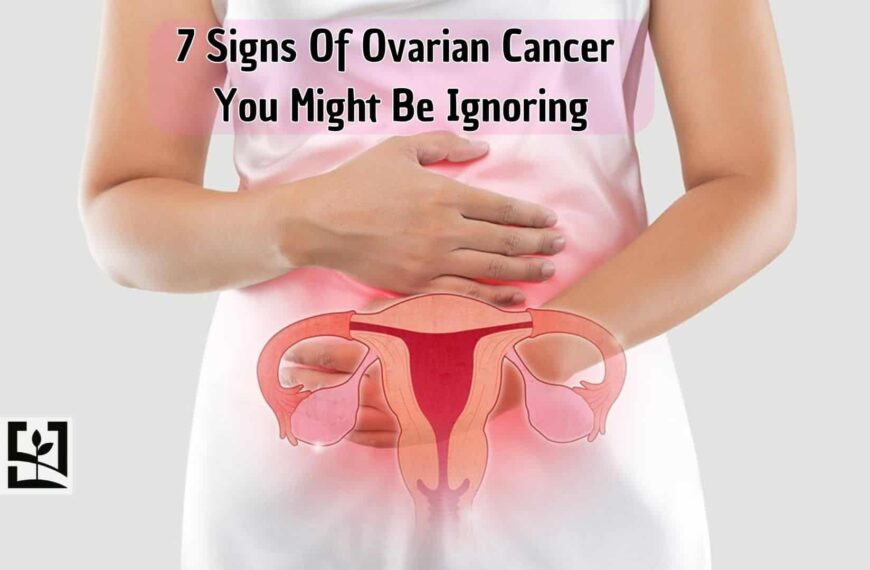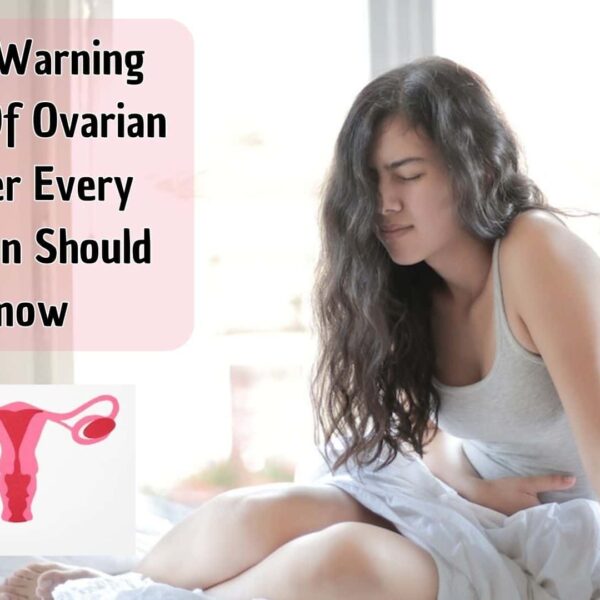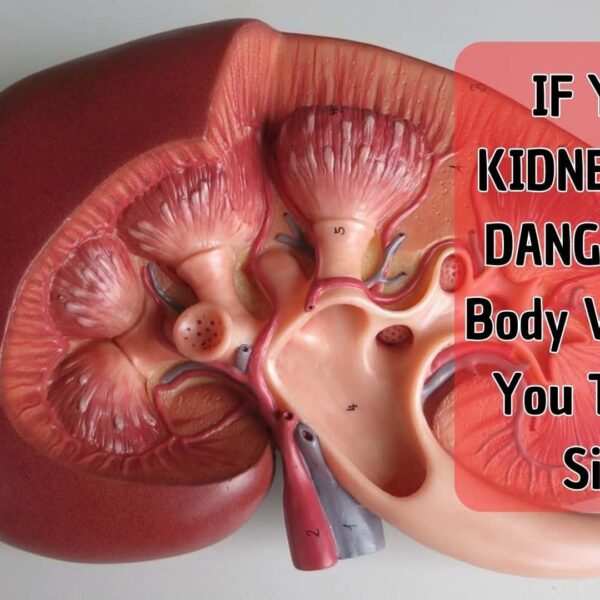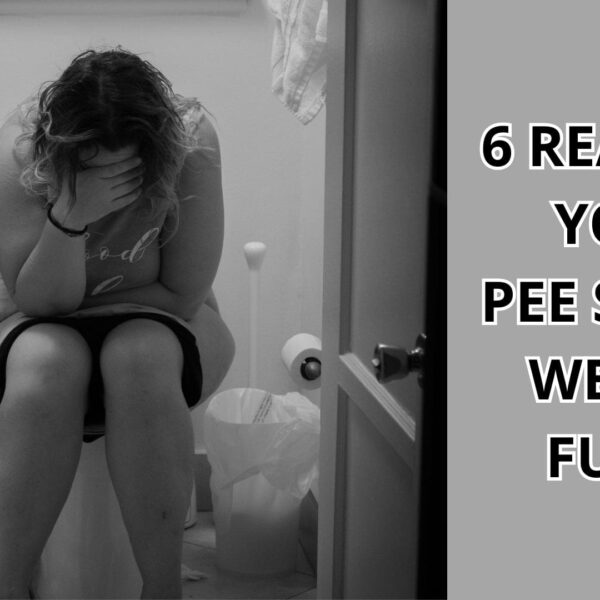1. Drugs disrupt hormonal balance.
Taking medications to treat hormonal imbalance may make the condition worse. They create further imbalances because they inject synthetic hormones into your system. Hormonal imbalance may occur after switching between different types of birth control pills or discontinuing birth control pills altogether.
Taking synthetic hormones can adversely affect natural hormone synthesis and have far-reaching consequences.
2. Ovarian cysts are caused by an imbalance of the thyroid and adrenal glands.
If you have ovarian cysts, they are probably caused by an imbalance in your thyroid and adrenal glands. Ovarian cysts affect many women at different times in their lives.
This usually occurs during adolescence due to frequent changes in the body and hormonal imbalance, but it can also occur in post-menopausal women for the same reasons. Maintaining adequate thyroid and adrenal function is important for your overall health.
3. Fibroids are a sign of liver and estrogen damage.
Another thing your gynecologist may not tell you is that uterine fibroids can be a sign of liver and estrogen toxicity. Uterine fibroids are benign tumors that grow in the uterus. Uterine fibroids don’t always cause symptoms, but when they do, they can cause heavy periods, back pain, frequent urination, and painful intercourse. If you have fibroids, your body’s natural mechanisms for neutralizing excess estrogen and other hormones may be compromised. This may cause hormonal imbalance.
4. Iodine deficiency and lymph congestion are associated with breast cysts and fibroids.
If you don’t already know, in addition to practicing naturopathic medicine, I am also a lymphatic drainage therapist. I am surprised that very few gynecologists encourage lymph mobilization in their patients. Lymphatic drainage can help remove toxins and dead breast cells from the body. However, if lymphatic flow is inadequate, the thyroid gland can become a storage site for lymph fluid, which is not ideal. In addition to annual mammograms, eat iodine-rich foods like seaweed and kelp to keep your breasts healthy.
5. PCOS is an inflammatory disease.
What your gynecologist may not have told you is that polycystic ovary syndrome (PCOS) is an inflammatory disease. Polycystic ovary syndrome is a disease in which the ovaries produce too much androgen, leading to the formation of many small cysts. (3) Although a cyst is not required for the diagnosis of PCOS, it is important to rule out the condition in its absence. PCOS is a symptom of excessive inflammation in the body. It is important to take advantage of the hormonal imbalance to treat PCOS.
6. Endometriosis is an autoimmune disease.
Endometriosis is a sign that you have an autoimmune disease. Doctors usually treat endometriosis with medication or surgery. However, especially in the case of surgery, this may not be helpful because endometrial tissue can be found in the nose, brain, breasts, bladder, small intestine, and colon, and is impossible to remove. The method is average. Therefore, it is important to take a more natural approach, which includes addressing immune system issues and reducing the inflammatory state of the tissue. If you want to learn more about endometriosis or need additional advice, download our natural endometriosis treatment protocol.





